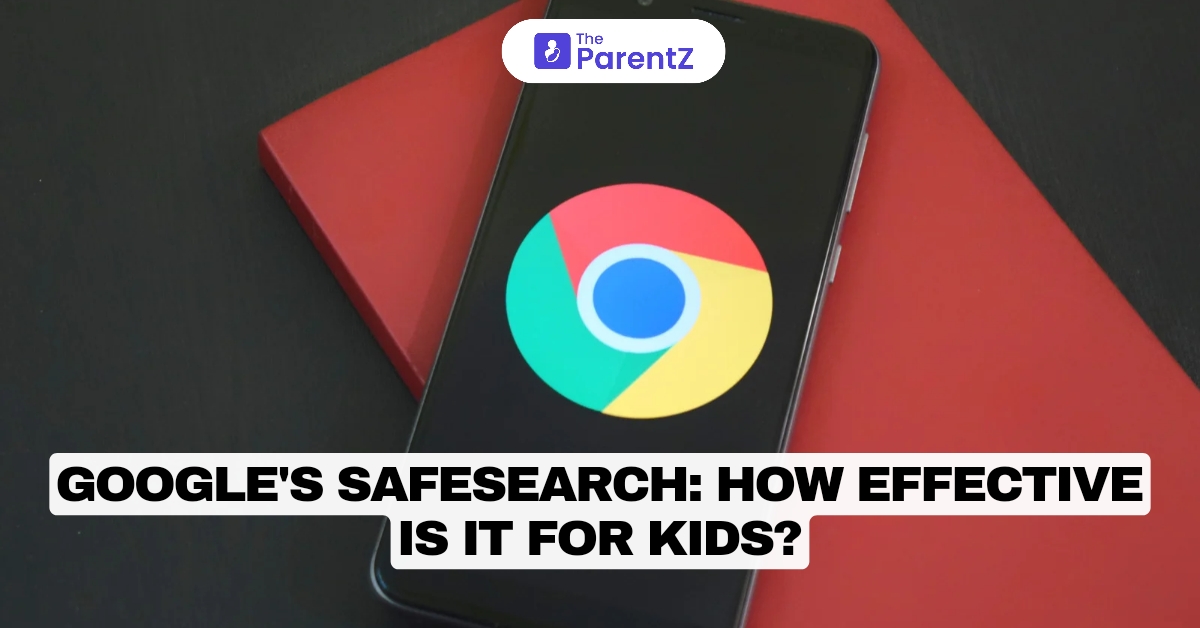The internet, a universe of information, is a double-edged sword. It’s a treasure trove of knowledge but also harbors a dark underbelly. For adults, navigating this digital world comes with its challenges, but for children, it’s a minefield. This is where Google’s SafeSearch steps in. But how effective is it really?
The Digital Age: A Double-Edged Sword
We live in an era where information is at our fingertips. It’s incredible how far we’ve come, but it’s equally alarming how easily harmful content can be accessed. Children are particularly vulnerable with their curious minds and limited understanding of the world. The internet, while offering endless possibilities for learning and growth, can also expose them to disturbing images, violent content, and predatory behavior.
Understanding the Impact
Exposure to mature content at a young age can have profound psychological effects. It can lead to anxiety, depression, and confusion about sexuality. Children might also develop unhealthy attitudes towards relationships and bodies. Moreover, the addictive nature of specific content can lead to obsession, neglect of studies, and social isolation.
Google’s SafeSearch: A Protective Layer
Google offers SafeSearch, a feature that filters out explicit content from search results. It’s like a digital guardian, working to protect users from disturbing images and videos. While it’s not foolproof, it’s a significant step in the right direction.
- How It Works: SafeSearch analyzes search queries and filters out results that contain explicit content. It’s like having a filter on your child’s vision, blocking out the disturbing images.
- Importance: SafeSearch provides a basic level of protection, especially for younger children who might not understand the consequences of their searches.
Beyond SafeSearch: Parental Involvement
While SafeSearch is a valuable tool, it’s essential to remember that it’s not a replacement for parental guidance. Here’s what you can do:
- Open Communication: Talk to your children about the Internet. Explain the dangers and the importance of online safety.
- Set Rules: Establish clear guidelines about internet usage, including time limits and age-appropriate content.
- Use Parental Controls: Most devices and internet service providers offer parental control features. Utilize them to restrict access to specific websites and apps.
- Spend Time Online Together: Show interest in your child’s online activities. This will help build trust and let you monitor their behavior.
- Teach Critical Thinking: Help your child develop the skills to evaluate information and recognize red flags.
Balancing Freedom and Protection
Finding a balance between protecting your kid and giving them the freedom to explore is important. Overprotecting can hinder their growth, while carelessness can lead to irreparable harm. The goal is to construct a safe environment where children can learn and grow without being exposed to inappropriate content.
Conclusion
The internet is a powerful tool, but it comes with responsibilities. As parents, it is our duty to equip our children with the ability and tools to navigate this digital world safely. SafeSearch is a helpful feature, but it’s just one piece of the puzzle. By combining technology with parental guidance, we can create a safer online experience for our children.
Remember, the key is open communication, education, and a healthy dose of caution. Let’s work together to create a digital world where our children can thrive.
Disclaimer: While SafeSearch is a valuable tool, it’s essential to remember that it’s not 100% effective. Maintaining open communication with your children and using additional safety measures is crucial.





Be the first one to comment on this story.